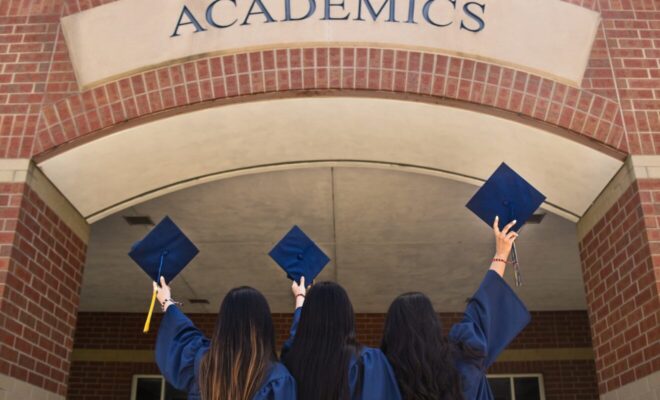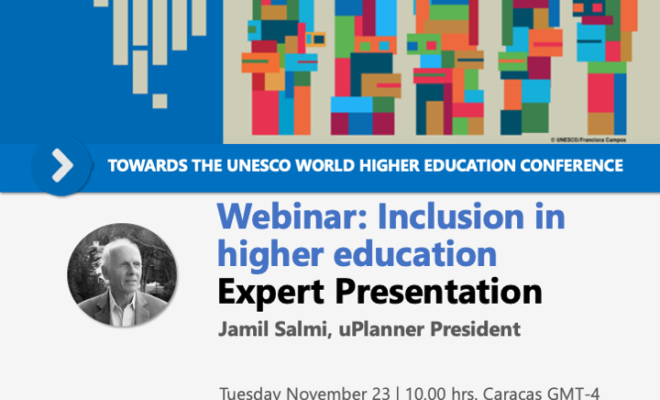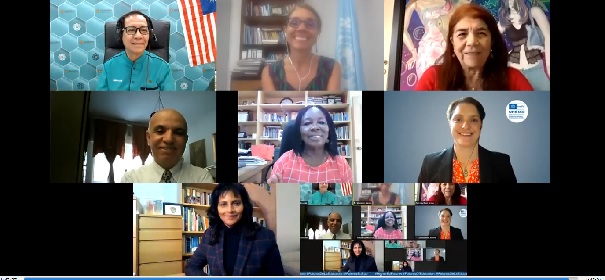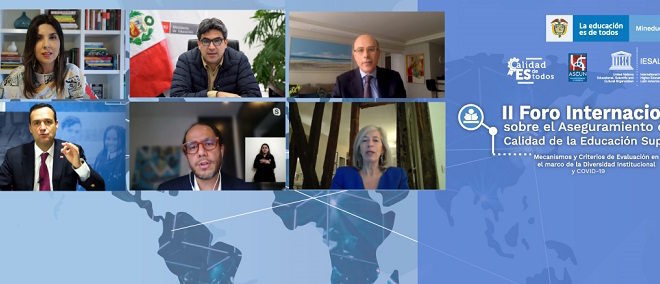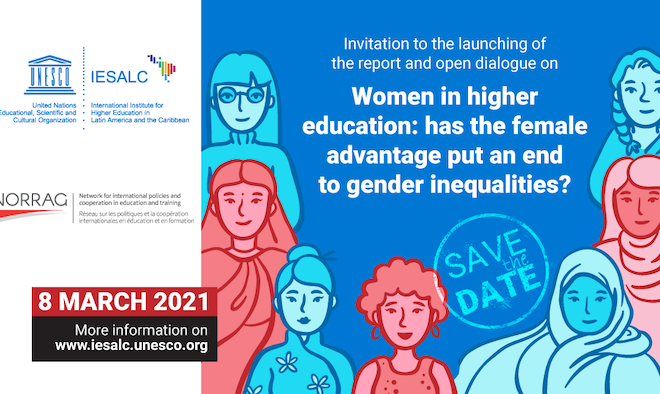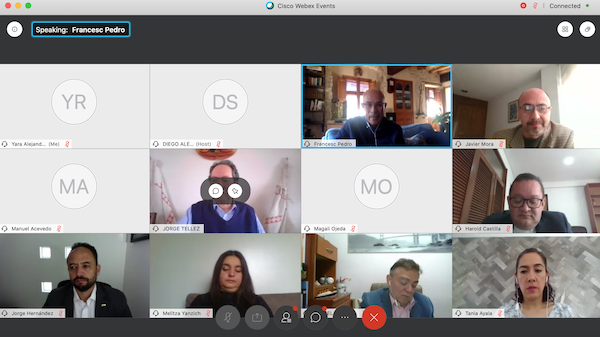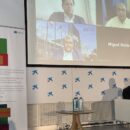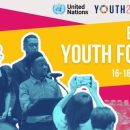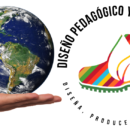30 Years of Inclusion with excellence in University Higher Education
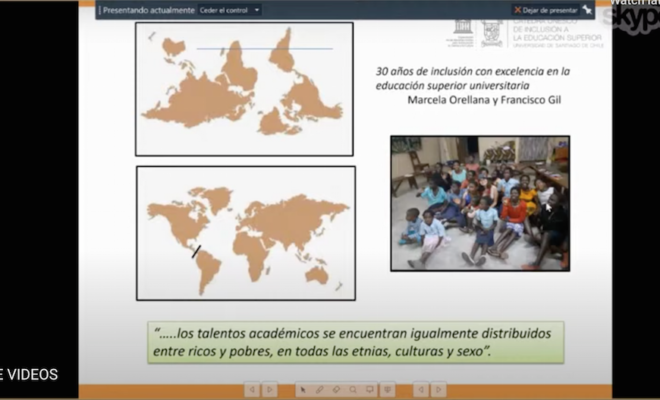
Continuing the series of Webinars dedicated to the UNESCO Chairs on Higher Education, this Thursday, March 12th2020, Professor Francisco Javier Gil, holder of the UNESCO Chair of Inclusion on Higher Education, of the Universidad de Santiago de Chile, spoke about his experience from the Chair he leads and as an academic at the university: “Our history goes back 30 years, when a group of academics had the intuition, which today we confirm because we have the data that proves it, that academic talents are equally distributed among the rich, and poor, in all ethnicities and cultures, between gays and lesbians. What we have done is to look for young people who, from their contexts, make the most of the learning opportunity, and make it easier for them to enter the university, regardless of their financial situation”.
Celebrating these 30 years of inclusion in universities is a great joy for UNESCO and its various departments and offices. Because it means that it has been possible to overcome many obstacles, to break down machinery and especially to open the minds of all those who wanted to prevent inclusion from being a right for all of those who have wanted, want, and will want to enter higher education.
“Academic talents are equally distributed between rich and poor, in all ethnicities, cultures and sex”, is the basis for the defense against the main injustices or abuses that occur daily in Latin American societies and the world. It is the principle by which the talents and dedication of the teachers Octavio Lizama, Francisco Javier Gil, and Beatriz Rahmer, came together to write the book: Experiencia de la Inclusión en la Educación Superior en Chile (Experience of Inclusion in Higher Education in Chile).
Exclusion comes in many forms and can even occur without the institution being aware that it is doing so. This is mostly the case in lower socioeconomic-level schools, where education is incomplete and prevents pupils from preparing for entry into higher education, where there is a clear expression of educational vulnerability.
This group, which is by mathematical and statistical calculations defined as a group of low capacity, is where it has been possible to verify the greatest commitment, discipline and taste for studying, and it is they who must be defended and provided with a place to be students with excellence. “They are the best contribution to Latin American countries.”
The celebration also includes the power to demonstrate with applicable models that it is possible, and that great results can be achieved. There is already data in Colombia, Guatemala, Argentina and even Mozambique, that shows how inclusion gives better contributions to the growth of countries.
 Another triumph to be noted currently is having achieved the abolition in Chile of the Indirect Tax Contribution, which excluded low-income students for 18 years. It was documented, investigated and fought from 1991 to 2018, when that institutional barrier was broken.
Another triumph to be noted currently is having achieved the abolition in Chile of the Indirect Tax Contribution, which excluded low-income students for 18 years. It was documented, investigated and fought from 1991 to 2018, when that institutional barrier was broken.
It is possible to achieve excellence in higher education as long as we focus on the student and not on his/her social status. We have to get rid of structural violence, only then will we have a country of successful professionals.
Francisco Javier Gil is a Doctor in Chemical Sciences and a specialist in intersectional inclusion throughout life, as well as founder and president of the Centro Internacional de Equidad e Inclusión en Educación Superior-CINESUP (International Center for Equity and Inclusion in Higher Education).
30 Years of Inclusion with excellence in University Higher Education
Presented by: Francisco Javier Gil
Date: April 12, 2020
Time: 12:00h EST
Place: www.iesalc.unesco.org
Timetables by country:
10:00 Costa Rica, El Salvador, Guatemala, Honduras, Mexico, Nicaragua
11:00 Colombia, Ecuador, Jamaica, Peru
12:00 Bolivia, Chile, Cuba, U.S. (EST Time), Puerto Rico, Dominican Republic, Venezuela
13:00 Argentina, Brazil, Uruguay
17:00 Spain, France
UNESCO Chairs on Higher Education Programming
– March 19 / Daniel Mato
Cátedra UNESCO Educación Superior y Pueblos Indígenas y Afrodescendientes en América Latina, Universidad Tres de febrero (Argentina)
– March 26 / Rajesh Tandon (Webinar in English)
UNESCO Chair in Community Based Research and Social Responsibility in Higher Education, University of Victoria (UVic) and the Society for Participatory Research in Asia (PRIA)
– April 2 / José Joaquin Brunner
Cátedra UNESCO en Políticas Comparadas en Educación Superior
– April 30 / Felisa Tibbitts (Webinar in English)
UNESCO Chair – Human Rights and Higher Education
RELATED ITEMS
